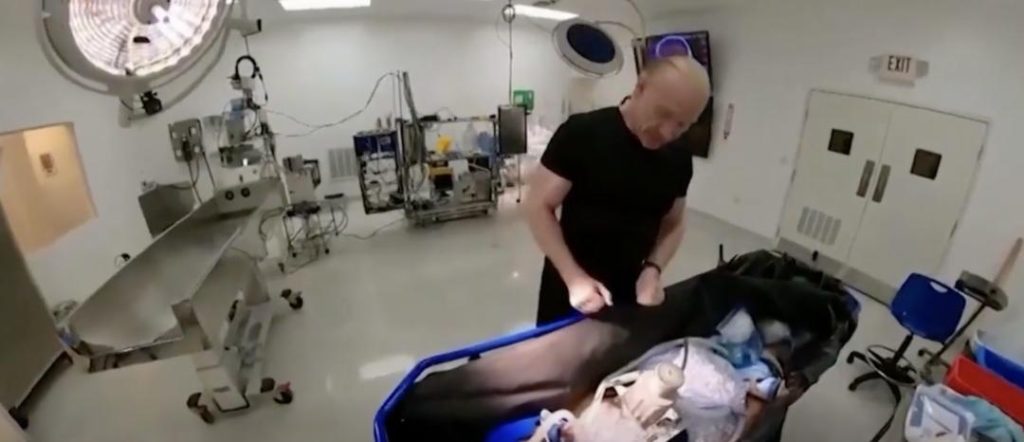
German Company Offers to Freeze Body for ₹2 Crore, Revive Later
In a radical move that has sparked both fascination and skepticism, a Berlin-based startup called Tomorrow Bio has announced its plan to offer full-body cryopreservation services for a staggering $200,000 (approximately ₹1.74 crore). This ambitious endeavor aims to preserve the human body after legal death, with the hope of reviving the individual at a later date when medical advancements have made it possible.
The concept of cryopreservation, or the freezing of a human body, is not new. However, Tomorrow Bio’s approach is unique in that it promises to preserve the entire body, including organs and tissues, with the intention of reviving the individual in the future. This raises a host of questions and concerns, not least of which is the scientific feasibility of such a process.
According to the company, over 650 people have already signed up for their services, demonstrating a significant level of interest in this unconventional approach to dealing with mortality. Tomorrow Bio’s CEO, Jürgen Neff, has stated that the company’s goal is to “make it possible for people to live forever” by preserving their bodies and allowing them to be revived when medical breakthroughs make it possible.
The process of cryopreservation involves cooling the body to extremely low temperatures, typically around -196°C, using liquid nitrogen or liquid helium. This slows down the natural decay process, allowing the body to remain in a state of suspended animation for extended periods. Theoretically, if medical advancements allow for the reversal of cellular damage and the repair of damaged tissues, it may be possible to revive the individual at a later date.
However, experts in the field of cryobiology and medicine are cautious about the prospects of such a process. Dr. Peter Davies, a leading expert in cryobiology, has expressed concerns about the lack of scientific evidence supporting the idea that human bodies can be revived after cryopreservation. “There are many unknowns about the effects of cryopreservation on the human body, and we don’t have any evidence to suggest that it’s possible to revive someone after being frozen for extended periods,” he said in an interview.
Another issue that has been raised is the cost of the procedure. $200,000 is a significant amount of money, and it’s unclear whether the technology is feasible or even necessary. Critics argue that the money could be better spent on more pressing healthcare concerns, such as curing diseases or improving medical care for the living.
Despite these concerns, Tomorrow Bio remains committed to its mission. The company has partnered with several hospitals and medical institutions to develop the technology and is working to establish a network of cryopreservation centers around the world.
It’s worth noting that cryopreservation is not a new concept, and there are already several individuals who have been cryopreserved, including the first person to be cryopreserved, a man named Ted Williams, who was frozen in 1963. However, these cases are relatively rare, and the technology is still in its infancy.
In conclusion, Tomorrow Bio’s offer to freeze bodies for ₹2 crore and revive them later is a fascinating, if controversial, concept that has sparked both excitement and skepticism. While the company’s intentions are admirable, the scientific feasibility of such a process remains unclear, and experts have expressed significant concerns about the lack of evidence supporting this approach. Only time will tell whether Tomorrow Bio’s ambitious plans will become a reality, but for now, it remains a fascinating and thought-provoking concept that raises important questions about the nature of mortality and the limits of medical technology.






